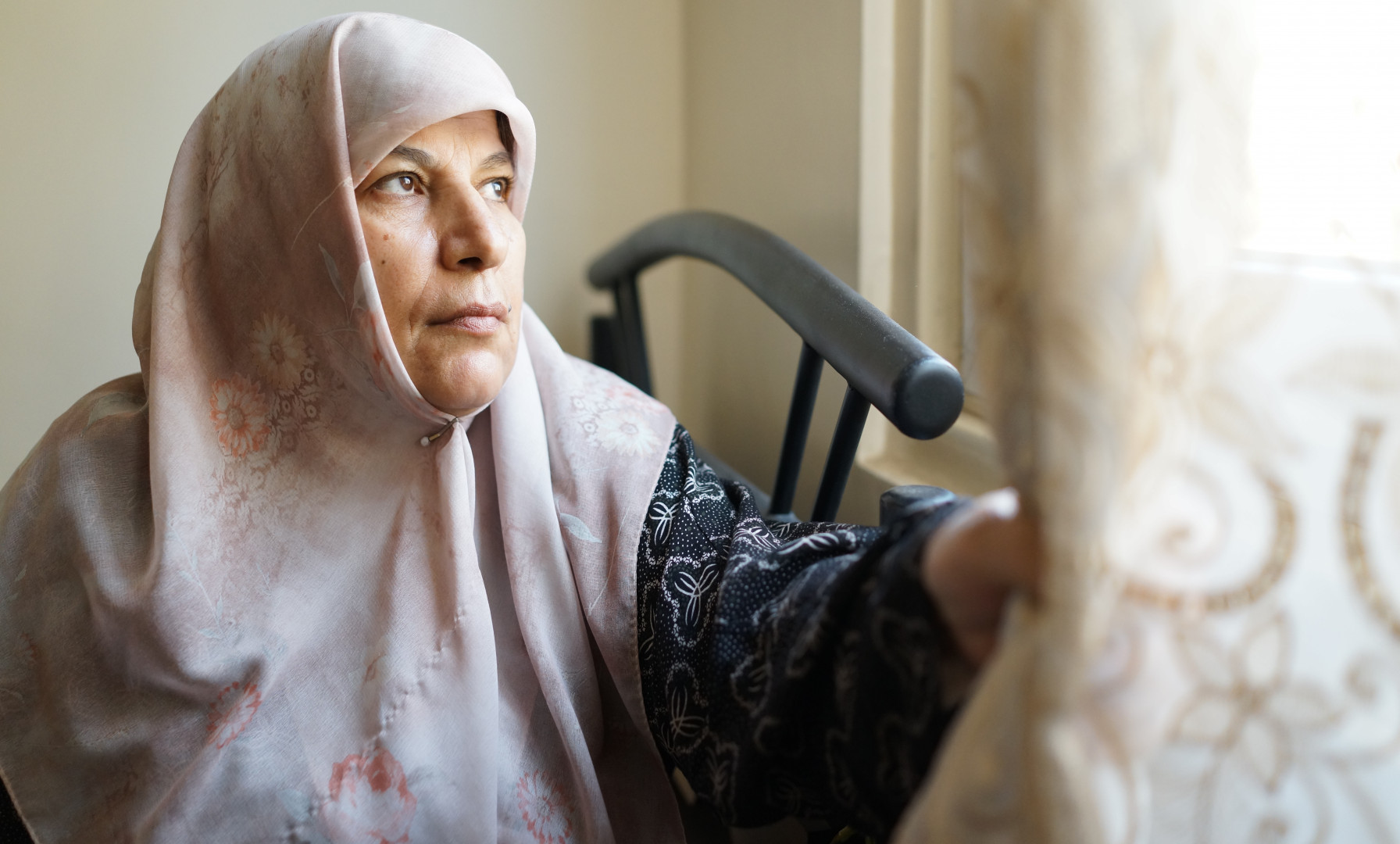Social isolation and loneliness among immigrant and refugee seniors

Every year, thousands of people leave their country to start a new life in Canada, whether for social, economic, and humanitarian reasons, or to be closer to family members. Many of them are seniors. A recent study by Statistics Canada revealed that:
• Among men, European and non-European immigrants were more likely to experience loneliness than the Canadian-born population.
• Among women, the probability of experiencing loneliness was higher among European immigrants than among Canadian-born women.
• For both men and women, immigrants who arrived as adults (18 to 44 years old) and long-term immigrants (20 years or more in Canada since immigration) had a higher risk of loneliness than the population born in Canada.
• People who had multiple chronic conditions (which is very common among seniors) or people who face barriers to social participation were more likely to feel alone.(1)
These seniors are therefore at greater risk of suffering from social isolation and loneliness, because they face unique challenges: linguistic differences, cultural barriers, racism and discrimination, limited social networks, and obstacles to social participation. They are more likely to live in poverty, have poorer health and have difficulty accessing resources.
How to combat social isolation and loneliness among immigrant and refugee seniors?
-
By
McMaster University
-
Published
Dec 07, 2023
-
Subject Area
- Health & Wellness - General
- Health & Wellness - Cognitive & Mental
- Social Connectedness & Social Isolation
- Immigrants, Refugees, & Multicultural Seniors
-
Audience
- Academics
- Funders
- Government (Politicians, Policy Makers) and Health Authorities
- Service Providers (Non-profits, Community Organizations, Local government)
- Caregivers, Seniors & Volunteers
- Government
- Health Authorities
-
Category
- Best Practices
- Toolkits
- Advocacy
Newsletter
Sign up for the Healthy Aging CORE Alberta e-news to keep up-to-date with activity from the platform and the Community-Based Seniors Services (CBSS) sector across the province.
